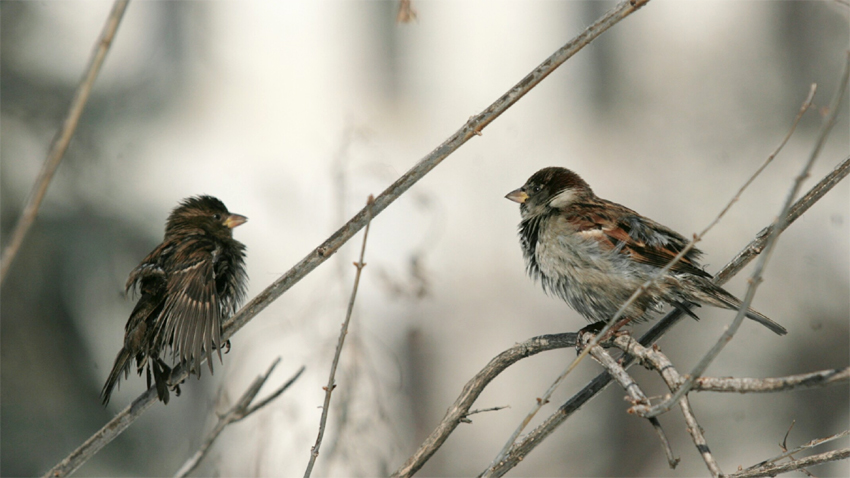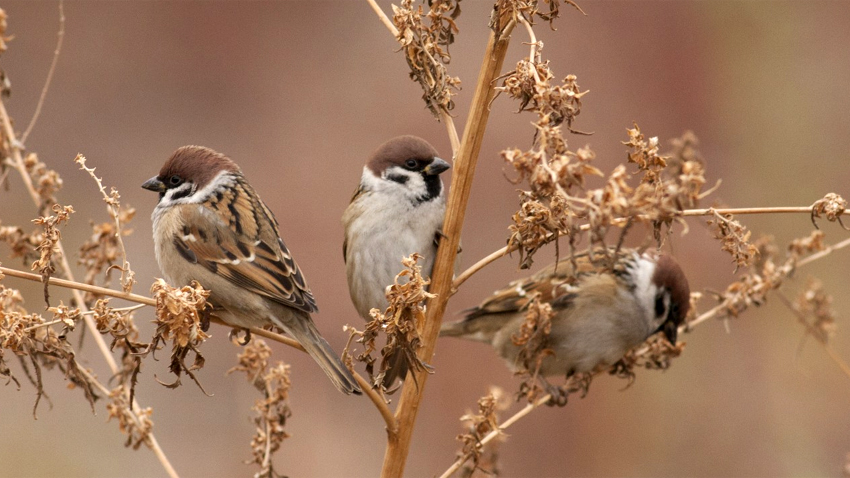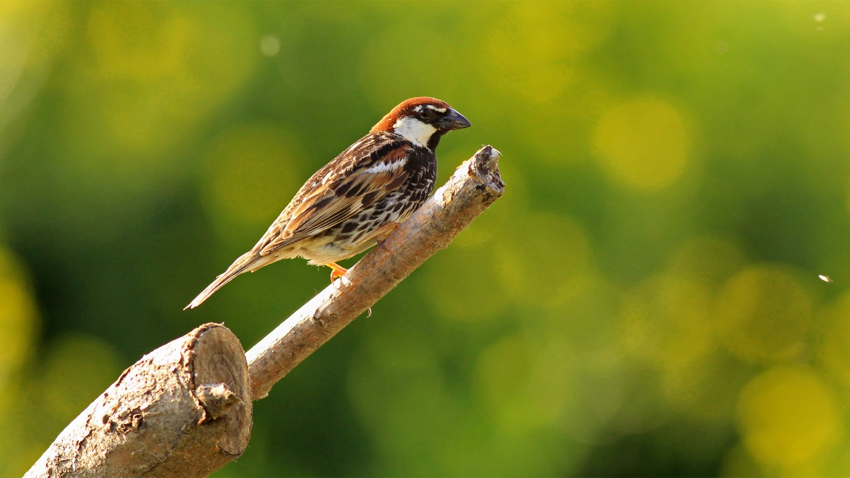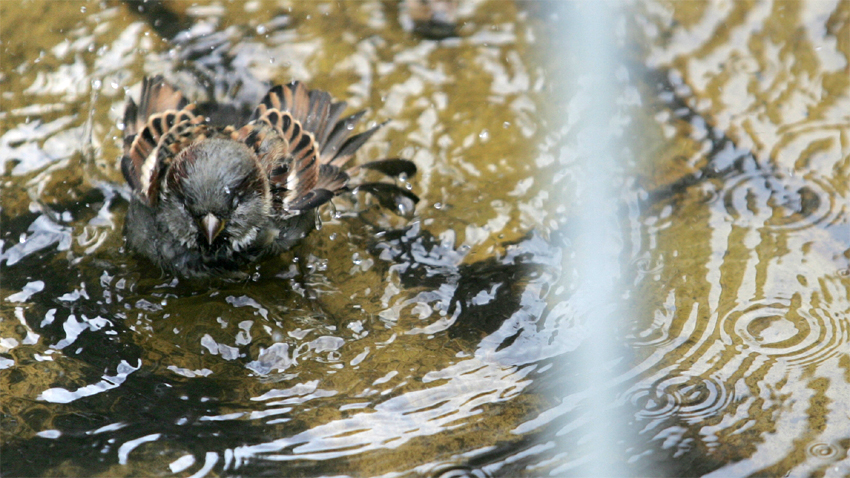Spring is now everywhere around. One can hear the voices of different birds in the park more and more often. However, where did sparrows disappear? Environmental experts from the Bulgarian Society for the Protection of Birds ask this question, as their data shows that over the past decade the population of sparrows has gone down by 31%. If this pace is kept, our grandchildren will know this city bird only from colored books and from the stories, described in the We, Sparrows book of great Bulgarian writer Yordan Radichkov. Cats are the only natural enemy of domestic sparrows, but they are not the reason for the latter’s disappearance. Overdevelopment, air pollution, the lack of enough green areas – these are only some of the things that cause the reduction of the population, ornithologists say. This whole information causes concern, as sparrows are the real indicator on what is going on with the urban environment that we live in.

 The bird protection society has declared the start of a nationwide campaign for sparrow counting. It will be the first in Bulgaria and its goal is to assess the state of the three most common sparrow species here – House, Eurasian tree and Spanish sparrows. Anyone who registers on an interactive map of Bulgaria and marks the spot of their census may participate. The latter is starting on April 8 at 9 am and will end up at 12 pm.
The bird protection society has declared the start of a nationwide campaign for sparrow counting. It will be the first in Bulgaria and its goal is to assess the state of the three most common sparrow species here – House, Eurasian tree and Spanish sparrows. Anyone who registers on an interactive map of Bulgaria and marks the spot of their census may participate. The latter is starting on April 8 at 9 am and will end up at 12 pm.
 “We see this campaign as annual. In three years we will present data of population tendencies, we will analyze it and answer the question whether the population is decreasing or increasing within urban environment,” BSPB’s Emilia Yankova, an organizer of the campaign says.
“We see this campaign as annual. In three years we will present data of population tendencies, we will analyze it and answer the question whether the population is decreasing or increasing within urban environment,” BSPB’s Emilia Yankova, an organizer of the campaign says.
 “We want to attract as many people as possible, gaining trustworthy information on sparrows’ habitats. The goal is to find out what the population of the three most common sparrow species in Bulgaria is. We want to discover their preferred habitats and also why they are missing within others. We presume that overdevelopment, the lack of green areas and high levels of noise are the main reasons. Noise for instance is the main enemy of the little birds. Whenever they are nesting, they go for food far from the nest and can’t hear their offspring when the latter are calling. The usage of pesticides is possibly another issue within rural areas…”
“We want to attract as many people as possible, gaining trustworthy information on sparrows’ habitats. The goal is to find out what the population of the three most common sparrow species in Bulgaria is. We want to discover their preferred habitats and also why they are missing within others. We presume that overdevelopment, the lack of green areas and high levels of noise are the main reasons. Noise for instance is the main enemy of the little birds. Whenever they are nesting, they go for food far from the nest and can’t hear their offspring when the latter are calling. The usage of pesticides is possibly another issue within rural areas…”
The We Count Sparrows campaign is aimed at raising the information level of the people, regarding sparrows. The Vrabcheta.bg website gives us details on the nice little birds – we learn there that they can be met across the country, not only up high in the mountains. They are urban birds that have resided alongside people for more than 10,000 years. We know them well, but we are also aware of the difficulties they face with their survival. The counting action will be as much serious as funny for the volunteers:

‘We become better persons whenever we go and meet with nature. The census gives a participant a lot of info on sparrows. We have prepared a new edition of We, Sparrows of Yordan Radichkov as a reward for those who will join us. The author’s family cooperated for the making of a new cover for the book, supporting the campaign. Unlike all the previous editions with numerous sparrows drawn, this has only one – a symbolic act which we hope will contribute, alongside the campaign, to the personal meeting of our grandchildren with the kind little fellows…”
English version: Zhivko Stanchev
Boza Day is being marked today in Radomir , a town not far from the capital. The thick, sweet fermented drink is first celebrated with a procession from the Old Market to Svoboda Square. On the square, silver-tongued chef Uti Bachvarov will prepare..
In the village of Pchelarovo, nestled among the slopes of the Eastern Rhodopes, there is a legend that ancient oak forests and walnut trees once thrived in the area and that wild bees inhabited their hollows. Beekeeping has long been a livelihood for..
The Slavey Zlatev Astronomical Observatory with Planetarium in Kardzhali is offering free admission on the occasion of the town's holiday-October 21. If weather permits, visitors can observe the Sun and solar spots, explained the director of the..
The Professional Association of Robotics, Automation and Innovation s unites over 80 Bulgarian and international companies that have one global..

+359 2 9336 661
